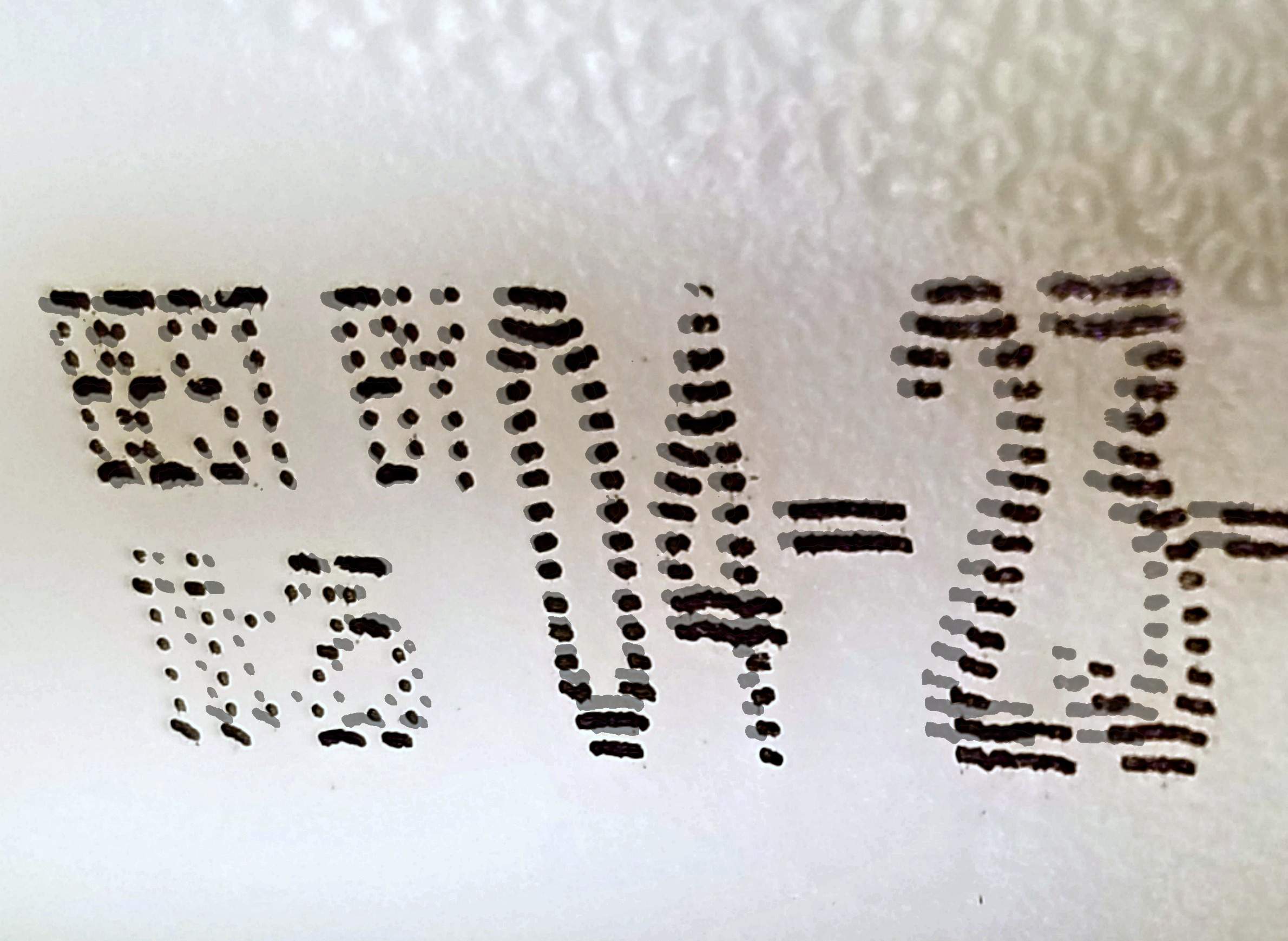
Simpler 'Best By' Labeling Practices Could Help Reduce Food Waste

About one in seven U.S. residents struggles to keep themselves and their families fed, particularly among households with children. But food waste is rampant. Each year, about 40 percent of food supplies in the U.S. are uneaten, wasting at least 160 billion pounds, estimated the Harvard Food Law and Policy Clinic and the National Resources Defense Council in a 2013 report. Among its findings, the report argued clear product dating would reduce waste and help eliminate food insecurity around the country.
Up to 30 percent of food may be lost or wasted at the retail or consumer level, according to the U.S. Department of Agriculture. One source of food waste results from consumers or retailers throwing away wholesome, healthy foods because of confusion about the meaning of dates displayed on their labels.
Most food items carry dates that inform consumers of the range of time the product will remain at the standard of quality set by the manufacturer. These labels are not linked to food safety, though, and products generally maintain their quality well after the date marked on the package.
Consumers often see date labels with these phrases:
- "Best if Used By/Before": This label indicates when a product will have the best flavor or quality. It is not a purchase or safety date.
- "Sell-By": This label tells the store how long to display the product for sale for inventory management. It is not a safety date.
- "Use-By": This label recommends the latest date to use a product at peak quality. It is not a safety date, except on infant formula.
In February 2017, the Grocery Manufacturers Association and the Food Marketing Institute asked their members to standardize quality dates that appear on food packaging in an effort to curb the problem of food waste.
The organizations are asking companies to do away with the terms "Expires On" and "Sell By" and replace them with "Best if Used By." For some highly perishable products like lunch meat or raw oysters, manufacturers could put "Use By" on their products. Expiration dates are not mandated by federal law.
Foods not exhibiting signs of spoilage should be considered wholesome and may be sold, purchased and donated beyond the labeled "Best if Used By" date. A product should still be safe and to consume beyond this date as long as it is handled and stored appropriately. For instance, pasteurized milk that is kept refrigerated and properly handled is safe to drink until it shows signs of spoilage.
One important exception to food product dating is infant formula. Proper nutrition is vitally important for healthy development of an infant, so formula should be removed from sale and discarded after the "Use By" date marked on the product.
Consumers should remember that while food that is not properly handled may spoil before the date marked on the package, most items will remain wholesome and tasty well after that point.
Barbara Ingham is a food science specialist with the University of Wisconsin-Extension.


